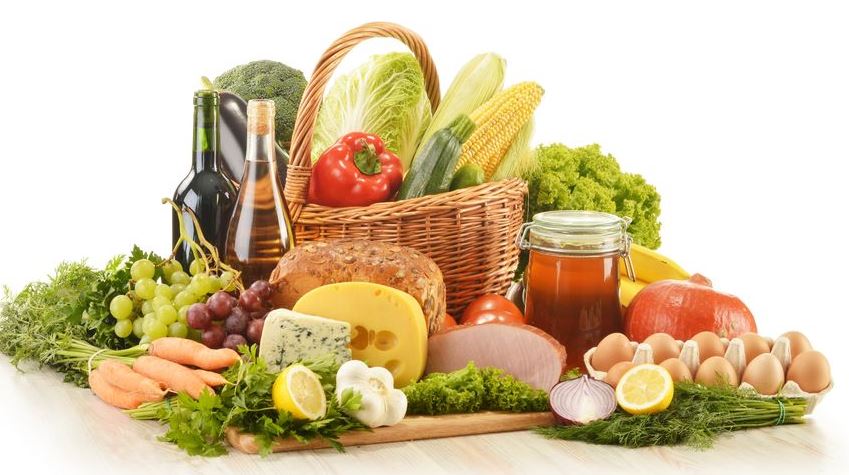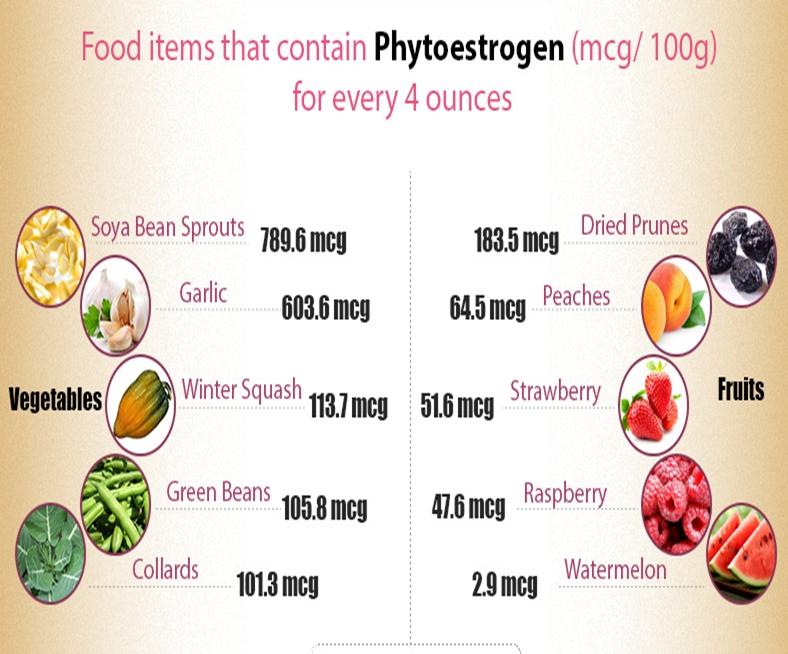Promoting the cultivation of food within a community requires a multi-faceted approach that addresses various aspects, including education, resource allocation, infrastructure development, and community engagement. Here’s how you can effectively promote growing food in your community:

- Education and Awareness:
- Conduct workshops, seminars, and classes on gardening techniques, sustainable farming methods, and the benefits of local food consumption.
- Provide information on local initiatives, seed banks, and community gardens to encourage participation.
- Collaborate with local schools to incorporate gardening and nutrition education into the curriculum.
- Organize field trips to farms and community gardens to expose individuals to the practice of food production.
- Resource Allocation and Access:
- Establish a community seed bank where individuals can access diverse, locally adapted seeds for planting.
- Allocate land for community gardens and urban farming projects, especially in areas lacking access to green space.
- Offer financial assistance or grants to individuals and community groups interested in starting gardens or small-scale farms.
- Provide affordable and reliable water sources for irrigation purposes, particularly in arid or drought-prone regions.
- Infrastructure Development:
- Invest in necessary infrastructure to support local food production, such as irrigation systems, greenhouses, and storage facilities.
- Establish farmers’ markets and food hubs to provide direct sales opportunities for local farmers and producers.
- Encourage community members to develop shared kitchen facilities for food processing, preservation, and value-added products.
- Create and maintain community gardens that are accessible, safe, and well-maintained.
- Community Engagement and Collaboration:
- Foster partnerships between local government, schools, non-profit organizations, and community groups to promote food growing initiatives.
- Organize regular community events, festivals, and farmers’ markets to celebrate local food and engage residents in the growing process.
- Support the creation of community-supported agriculture (CSA) programs, where individuals subscribe to a farm and receive regular shares of the harvest.
- Encourage collaboration between farmers, gardeners, and chefs to promote the use of locally grown ingredients in restaurants and catering services.
- Advocacy and Policy Development:
- Collaborate with policymakers to develop policies and regulations that support local food production and distribution.
- Advocate for zoning changes that allow for urban farming and gardening in previously restricted areas.
- Work with local government to secure funding for community garden projects, infrastructure improvements, and food education programs.
- Celebrating Success and Sharing Knowledge:
- Recognize and celebrate the achievements of local food growers and community gardens through awards, recognition ceremonies, and public events.
- Facilitate knowledge sharing and交流hrough workshops, online forums, and mentorship programs that connect experienced gardeners with beginners.
- Encourage documentation and storytelling to capture the impact and stories of local food growing initiatives.
By implementing these strategies, you can create a supportive environment for growing food in your community, promoting healthier eating habits, community resilience, and a stronger connection to the local food system.











